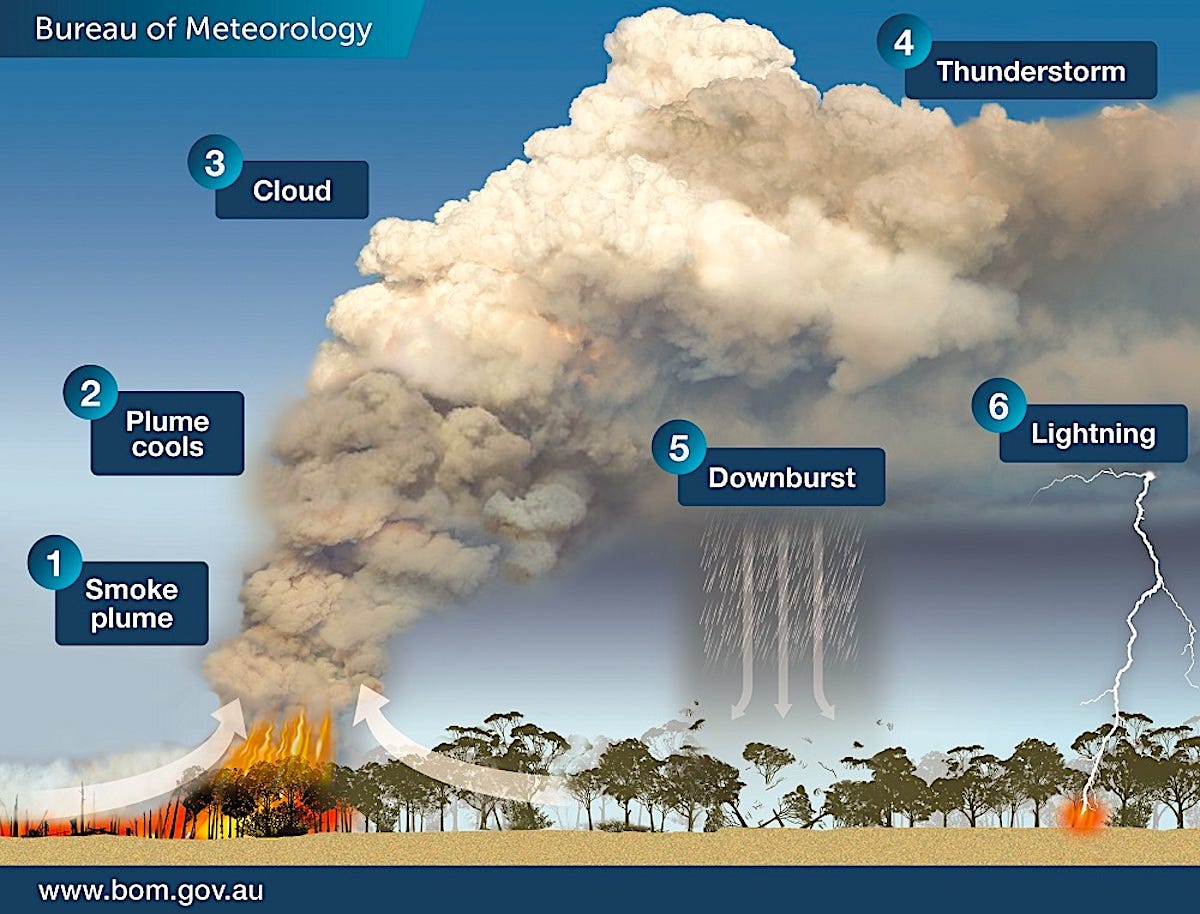MI weekly selection #357

Australia bushfires create their own weather
Australia’s bushfires are creating their own weather in the form of pyrocumulonimbus clouds, which generate massive thunderstorms capable of starting more fires. “These fire-induced storms can spread fires through lightning, lofting of embers and generation of severe wind outflows,” Australia’s Bureau of Meteorology said in a tweet.
Bears’ muscles don’t atrophy during hibernation
Grizzly bears’ muscles stay strong even after not being used during months of hibernation, likely due to proteins that allow their muscle cells to maintain high amounts of certain amino acids. “If we can better understand these strategies, we will be able to develop novel and non-intuitive methods to better prevent and treat muscle atrophy in patients,” says Douaa Mugahid, a study author.
Puffins first seabirds documented using tools
Researchers recorded puffins using sticks to scratch their feathers, the first evidence of tool use by seabirds. Puffins may have been trying to repel ticks from their plumage.
Experiments to protect satellites from radioactive debris
Researchers are looking at ways to prevent high-energy electrons expelled from radioactive debris and trapped by Earth’s magnetic field from interfering with communications satellites. Three experiments are in the works to attempt artificial “radiation belt remediation” to drain high-energy electrons from nuclear-charged radiation belts around Earth.
Brain can sync sound waves without hearing them
The brain is capable of synchronizing sound waves without audible cues via lip reading. Researchers confirmed the synchronization of brain activity in the auditory cortex was similar between people who listened to a story and people who watched a soundless video of someone telling a story.